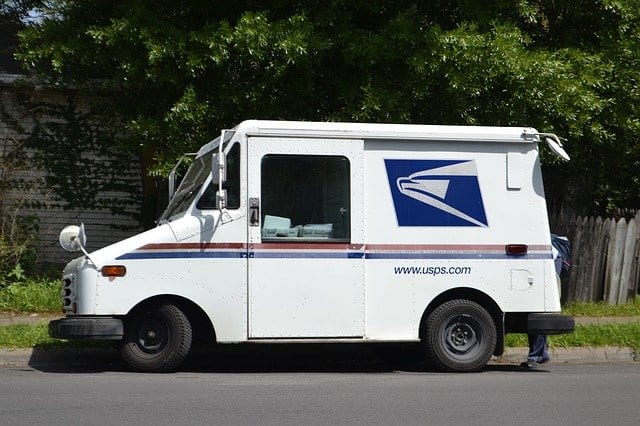
What to do if a federal employee or government-owned vehicle causes a car accident
April 3, 2021 by GKwriter
Getting into an accident with a federal employee or government-owned vehicle complicates a personal injury claim. The Federal Tort Claims Act (FTCA) protects these employees and vehicles in a unique way.
You’ll need a car accident attorney who is familiar with federal laws concerning car accident lawsuits and not just laws for your local state. The legal process for these cases is more complicated and involved. However, you shouldn’t allow that to deter you from filing a lawsuit if a federal employee injured you.
Here’s what you need to know about car accidents with federal employees and seeking compensation.
What constitutes a government-owned vehicle?
An accident falls under the FTCA when it involves a driver who is a federal employee or a vehicle the federal government owns.
Examples of car accidents with federal employees/vehicles:
- Postal workers
- Military vehicles
- Federal law enforcement vehicles
- Vehicles belonging to federal departments
- Fire engines
What makes a car accident with a government employee different?
Federal government employees enjoy something known as sovereign immunity. It protects them from facing certain types of litigation, but not all. The law protects government employees and government branches from paying out large settlements in the case of car accidents. But that doesn’t mean that it prohibits such lawsuits.
The FTCA puts several restrictions on suing the government for car accidents. These restrictions include.
- Individuals can only sue federal employees. That means that independent contractors that the federal government employs are not eligible under the law.
- At the time of the accident, the federal worker had to be engaged in the scope of their employment.
- You can only sue in cases of negligence. This means that if you’re engaged in a high-speed pursuit situation with law enforcement and get in an accident, you’re likely not eligible to file a claim. That’s because the federal employee was carrying out their duties and you were violating the law.
The process for filing a lawsuit against a federal employee is much more complex than a standard personal injury claim with a private person or entity. You’ll face additional court filing deadlines and forms you must complete. To even get started with a claim, you’ll need to complete a form that gives the government notice that you’re planning to file a claim.
Missing a deadline or required paperwork will mean you become ineligible to seek compensation after an accident with a federal worker or government-owned vehicle.
Determining liability
To be eligible to file a personal injury lawsuit, you’ll need to prove that the federal employee was liable for your injuries. The FTCA 28 U.S.C. S 1346(b) outlines the following circumstance under which you can file a personal injury claim.
“Under circumstances where the United States, if a private person, would be liable to the claimant by the law of the place where the act or omission occurred.”
This means that you’ll need to prove that the accident was not your fault. In some cases, this is challenging to prove when emergency vehicles are involved. If the emergency vehicles were running their sirens and lights at the time of the accident and being reasonable in their ability to alert nearby traffic of their actions, your accident might not be the government’s fault.
Other situations that are non-emergency-related are much easier to prove. For example, accidents with school buses where the bus driver failed to follow the rules of the road would be easier to pursue than an accident with emergency responders.
How to file a claim against the federal government
To start, you’ll need to complete a form that provides a notice to the government entity you’re planning to sue. This makes them aware of the situation to begin an investigation.
Depending on the department, you might have as little as 30 days to file this necessary paperwork. Otherwise, you’ll forfeit your ability to pursue a personal injury lawsuit.
This is why it’s so important to hire a personal injury attorney as soon as possible following a car accident. You don’t want to delay filing this notice with the appropriate governmental agency.
You should not fill out this paperwork alone. Sometimes these forms include entries like the total cost of your claim. Within 30 days of an accident, you likely don’t know the answer to that question as you’ll still be under medical care for your injuries. Additionally, civilians are often unaware of all types of expenses they can pursue in a personal injury lawsuit. Ask an attorney!
The government might deny your request and reject your claim. However, you can move forward with suing the government anyway. The rejection letter will simply document that you followed the necessary procedure to protect your right to file a lawsuit.
If you need assistance pursuing a claim against a federal employee or government-owned vehicle following a car accident, contact Gore & Kuperman. Our team of experienced car accident lawyers knows the nuances of federal car accident cases and will protect your rights.